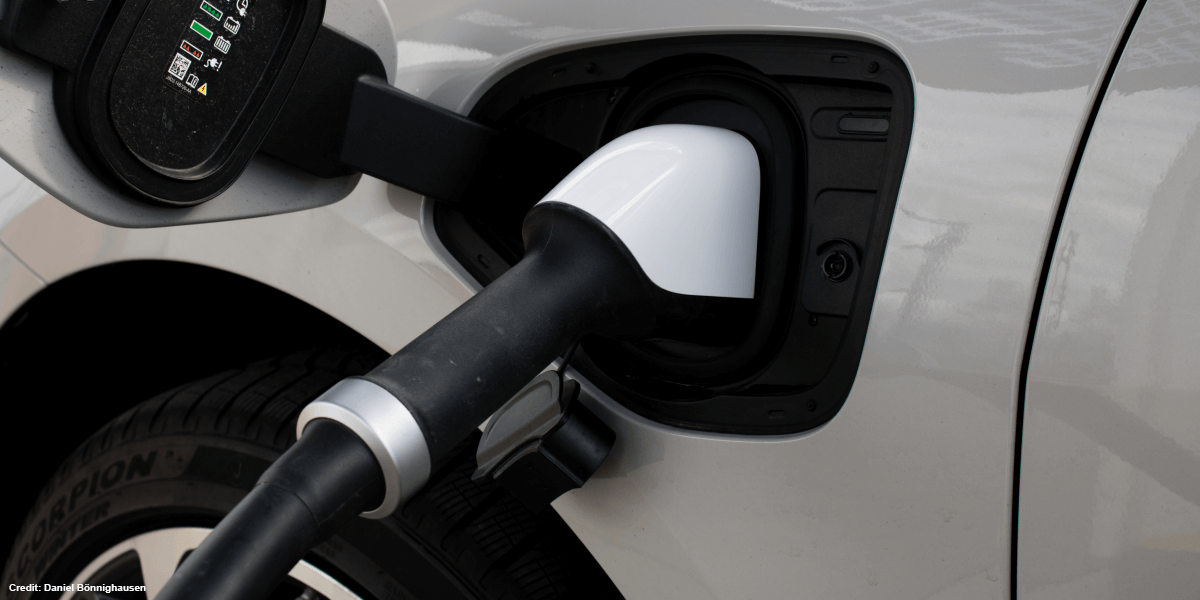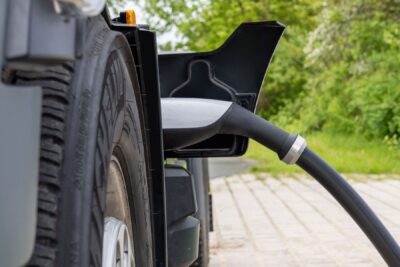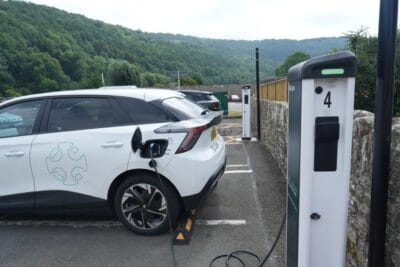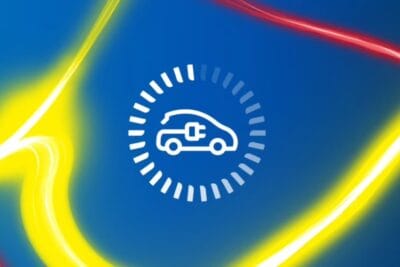Germany extends stimulus for EVs until 2025
In Germany, a panel of top politicians and business leaders has decided on further incentives for electric mobility. As expected, these include the extension of the innovation premium until 2025, but also subsidies and requirements for the expansion of charging infrastructure.
The paper now published by the government following the “Autogipfel” (Auto Summit) begins with the sentence: “The German automotive industry is undergoing a long-term structural change that poses major challenges for companies, regions and employees.” Not an understatement since Germany produces around 95% of the world’s luxury cars and is home to more of the world’s largest carmakers than any other country. By comparison, China makes more electric cars than any other country.
The German government has decided to extend several stimuli to increase sales of electric cars as well as commercial vehicles. The most important decision, however, was made even before the talks began when the government agreed to support the automotive industry with a further package of around three billion euros. “We want to link the way out of the economic crisis with the way out of the climate crisis,” said Federal Environment Minister Svenja Schulze (SPD). “This boost will do the automotive industry good in the long term.” The government also pledged to support “small and medium-sized supplier companies” during the transformation.
The extension of the innovation bonus, which has so far been limited to the end of 2021 (the environmental bonus or Umweltprämie has already been extended to the end of 2025), was already considered probable in the run-up to the “car summit” held digitally on Tuesday evening. The extension was already broadly supported by a number of politicians from the two main parties.
In the paper, the German government further stated that the extension would include funding “with a focus on electric propulsion”. Plug-in hybrids will only be subsidised if they have a minimum range of 60 kilometres from 2022 and at least 80 kilometres from 2025. What is announced as a “focus on the electric drive” is, however, less dramatic in practice. It is precisely these minimum electric ranges that are already prescribed for the environmental bonus – so only the existing funding regulations are applied here for the innovation bonus. The government estimates an additional one billion euros for the extended innovation bonus.
For charging infrastructure, the German government wants to develop a legal regulation for a uniform payment system. Such a regulation should “be coordinated within the federal government and adopted in a timely manner”. The paper also states that the Federal Government expects “an ambitious contribution to the development of charging infrastructure from all players”.
The stimulus for charging infrastructure also includes the establishment of fast-charging infrastructure with at least 150 kW at (former) gas stations. The German government aims to equip at least 25 per cent of all pit stops with fast-charging infrastructure by the end of 2022, at least 50 per cent by the end of 2024, and at least 75 per cent by the end of 2026. To this end, it intends to conduct timely discussions with the petroleum industry with the aim of a voluntary commitment to achieve these goals. By the end of 2022, the filling station operators will be able to draw on existing subsidies to build up the charging infrastructure. If the agreed targets are not achieved after that date, the Federal Government will regulate the shares mentioned above using a supply obligation by law.
In addition to the extended purchase incentives for electric cars, the changeover in commercial vehicles is also to be promoted with a fleet renewal program for trucks. In addition to the purchase of trucks with electric and hydrogen drives, the purchase of brand-new trucks with combustion engines that meet the requirements of the current Euro VI emissions standard and also offer certain environmental benefits (e.g. low CO2 emissions) if an old Euro III, IV and V truck is scrapped at the same time.
“As a special incentive to switch to alternative drives, we will promote electric and hydrogen drives more strongly than conventional drives,” the German government says. The federal government is providing two lots of 500 million euros, for one lot, to promote exchange within companies and for the second, within the framework of public procurement. Besides, they will increase an existing “Social & Mobile” fleet renewal programme.
To provide long-term support not only for the major car manufacturers but also for their suppliers, a “Future Fund for the Automotive Industry” has also been decided. Equipped with a one billion euros, this fund is intended to support the transformation of the industry as a supplement to the short-term economic stimulus package. A “strategic structural policy orientation” is to be developed at the federal level, from which “concrete conclusions can be drawn for a market economy and employment policy to accompany the structural change in the core automotive industry”.
bundesregierung.de (in German)





0 Comments